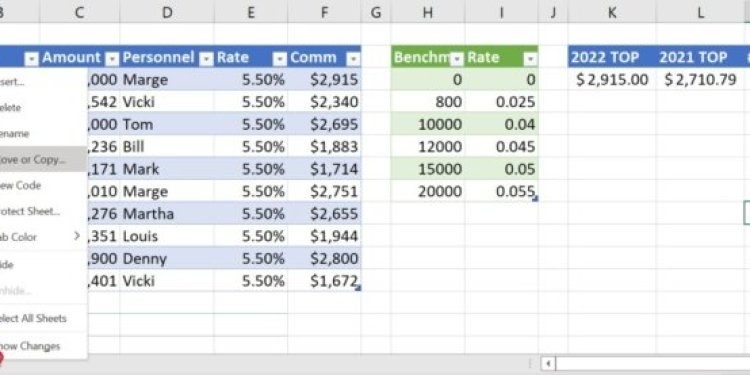Effortlessly Copy Excel Sheets Between Files: Quick Guide

Copying Excel sheets between files is a common yet essential task for many users. Whether you're compiling data from multiple sources or simply need to reorganize your spreadsheet structure, knowing how to do this efficiently can save a significant amount of time. Here's how you can achieve this without breaking a sweat.
Understanding the Basics of Excel Sheets

Before we dive into copying sheets, it’s crucial to understand what an Excel sheet or worksheet is. An Excel workbook consists of multiple sheets, each like a page in a book where you can manage data independently. Sheets can contain tables, charts, data validations, and more, all tailored to your data management needs.

Copying Sheets Within the Same Workbook

Copying sheets within the same Excel file is straightforward:
- Right-click the sheet tab you want to copy.
- Select “Move or Copy” from the context menu.
- In the dialog box, choose where to place the copy by selecting a destination sheet or by choosing “new book” for a new workbook.
- Check the “Create a copy” checkbox to duplicate the sheet.
Your sheet will now appear in the chosen location. This method retains all formulas, formatting, and data.
Transferring Sheets Between Different Excel Files
To transfer a sheet from one Excel file to another:
- Open both Excel files.
- In the source file, right-click the sheet tab and choose “Move or Copy.”
- Select the destination workbook from the “To book” dropdown. If it’s not listed, open it.
- Choose where in the destination workbook the sheet should go.
- Check “Create a copy” to avoid moving the sheet out of its original workbook.

Using Excel Keyboard Shortcuts

Excel power users might prefer using keyboard shortcuts for efficiency:
- Shift+F11 will insert a new sheet, which can then be customized.
- Ctrl+Page Up/Page Down switches between sheets quickly.
- Hold Ctrl while dragging a sheet tab to copy it within the same workbook.
⚡ Note: When using shortcuts, ensure that no cell is selected to avoid unintended data movement.
Organizing Copied Sheets

Once your sheets are copied, organizing them can streamline your work:
- Use the “Format” dialog box to change sheet color for visual distinction.
- Group related sheets by dragging their tabs.
- Rename sheets for easy identification and navigation.
- Use the “Sheet tab scroll buttons” to manage sheets beyond your immediate view.
| Action | Shortcut |
|---|---|
| Copy within workbook | Ctrl + Click and Drag |
| Move to next sheet | Ctrl + Pg Dn |
| Move to previous sheet | Ctrl + Pg Up |

Advanced Techniques for Copying Sheets

For those with more complex needs:
- VBA: Use Visual Basic for Applications to automate the process with scripts.
- External Links: If data continuity is required, consider linking instead of copying.
- Data Connections: Set up dynamic data updates between sheets or workbooks.
- Protecting Sheets: Copy sheets with or without preserving their protection.
🔒 Note: VBA can pose security risks if not managed properly. Always validate the source of any macros you use.
The ability to effortlessly copy sheets in Excel is invaluable. Whether you're consolidating data, creating backups, or streamlining workflows, these methods ensure your productivity remains high. As you become more adept at these techniques, consider exploring the more advanced features Excel offers to further enhance your data management capabilities.
How do I copy an Excel sheet to another workbook?

+
To copy an Excel sheet to another workbook, open both workbooks, right-click the sheet tab in the source workbook, select “Move or Copy,” choose the destination workbook, decide where to place the sheet, and check “Create a copy.”
Can I copy sheets with Excel without keeping the formulas?

+
Yes, you can copy sheets without maintaining formulas by first converting formulas to values. Select the sheet, press Ctrl+C to copy, select a cell in another sheet or workbook, and paste special as values using Alt+ESV+Enter or through the menu.
What are the risks associated with using VBA for copying sheets?

+
VBA macros can introduce security risks if they come from untrusted sources. They might execute unintended actions or access sensitive data. Always use macros from trusted sources, and disable or remove them once their purpose is served.